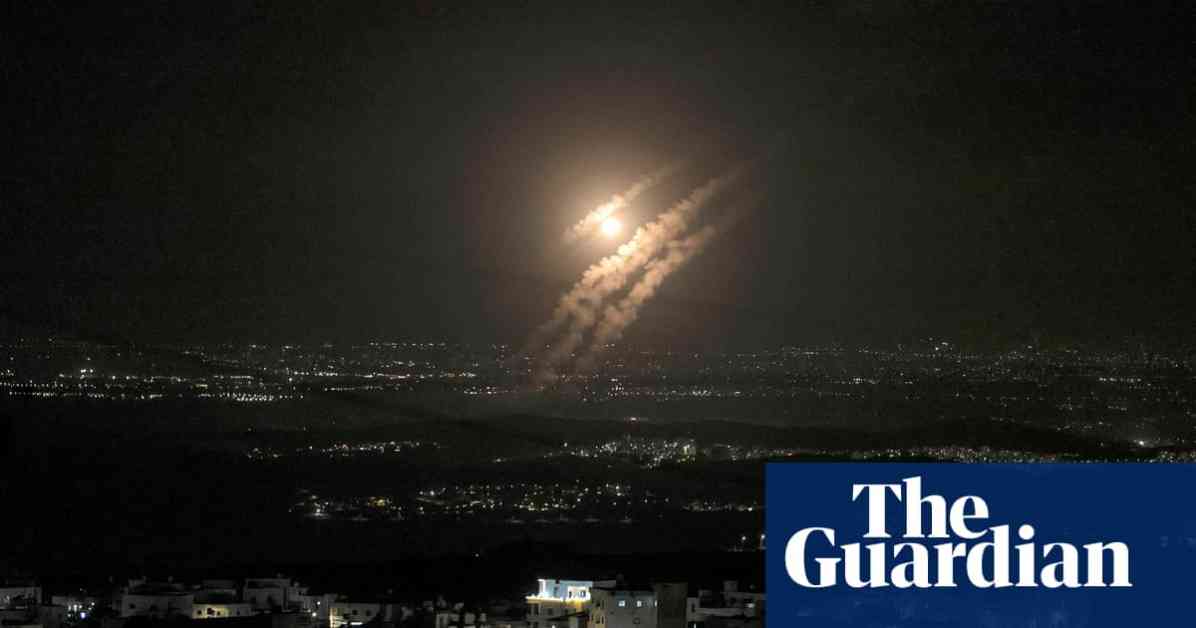Iran has been calling for more attacks on Israel by the “Axis of Resistance,” which includes armed militant groups in Lebanon, Gaza, Syria, Iraq, and Yemen. These groups have welcomed Iran’s recent missile strikes on Israel and are urging for further attacks to be carried out.
The recent attack on Israel was in response to Israeli strikes on Hezbollah in Lebanon, including the assassination of Hassan Nasrallah. Hamas, a militant group in Gaza backed by Iran, praised the missile strikes and stated that they were seeking revenge for assassinations of various commanders.
Yahya Saree, a spokesperson for the Houthis in Yemen, also expressed support for Iran’s actions and threatened to expand operations against Israel if a ceasefire in Gaza was not achieved. The Houthis have been responsible for multiple rocket attacks on Israel and strikes on international shipping in the Red Sea.
Despite the threats and rhetoric from these groups, analysts suggest that many of them have been significantly weakened over the past year and may not have the capability to pose a real threat to Israel. Hezbollah, in particular, has suffered heavy losses due to Israeli strikes and assassinations.
Iran’s strategy of building a coalition of proxies aligned with its ideology seems to be playing out as intended, with these groups acting as a protective shield for Iran in times of conflict. However, it is unclear how effective they can be in the face of Israeli retaliation.
In addition to the groups mentioned in the article, there are also powerful Iran-backed militias in Iraq and Syria. While the groups in Iraq have remained largely unscathed, those in Syria have suffered some losses. The regional networks established by these groups and Iran have allowed for coordinated attacks and responses across multiple countries.
Moving forward, it is uncertain how the situation will evolve, especially with the ongoing conflict in Gaza and the potential for further escalations. The involvement of various militant groups backed by Iran adds a complex layer to the already volatile situation in the region.












